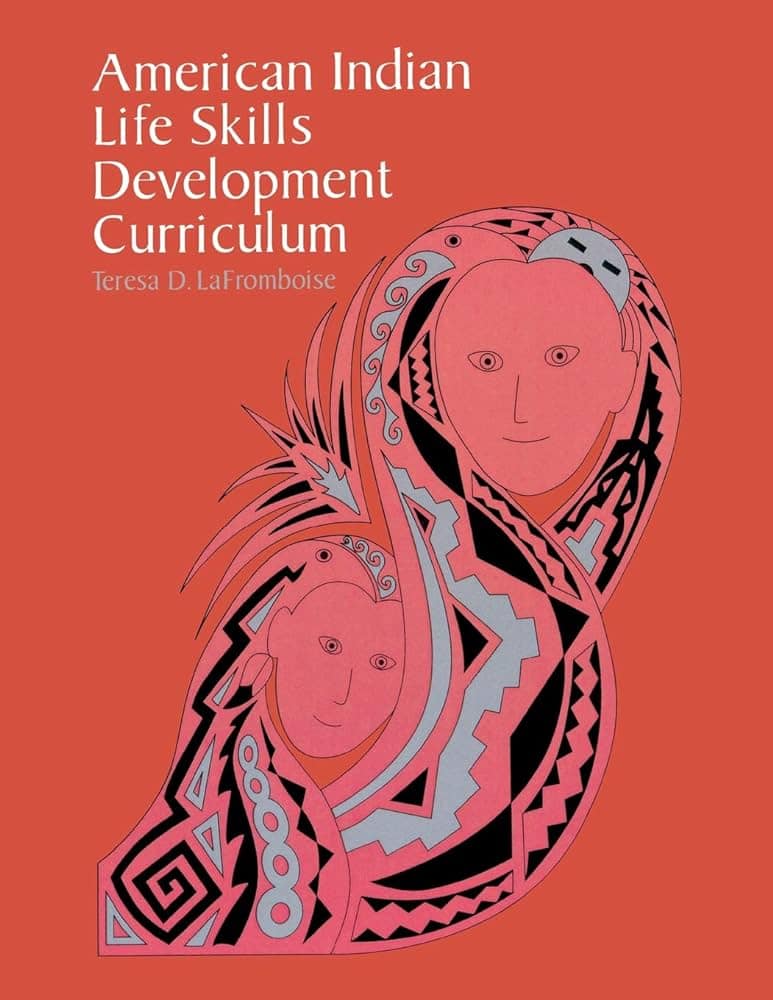American Indian Life Skills Development
MODALITY: curriculum

For more information on the program, visit The Suicide Prevention Center. The manual is available via several online/bookstore options and can also be purchased here.

Summary
A school-based, culturally sensitive, suicide-prevention program for American Indian adolescents, also known as Zuni Life Skills Development. Themes this program covers 1) building self-esteem, 2) identifying emotions and stress, 3) increasing communication and problem-solving skills, 4) recognizing and eliminating self-destructive behavior, 5) information on suicide, 6) suicide intervention training, and 7) setting personal and community goals. The curriculum also incorporates three domains of well-being that are specific to tribal groups: 1) helping one another, 2) group belonging, and 3) spiritual belief systems and practices. Lessons are interactive and incorporate situations and experiences relevant to AI/AN adolescent life such as friendship issues, rejection, divorce, separation, unemployment, and problems with health and the law.
Implementation
Program Material Cost
$35 per manual
Modality
Classroom Curriculum
Setting
Health, language arts, social studies, culture classes
Grade Level(s)
High
Rubric and Standards
Mental Health Literacy Components
Decreasing stigma
Understanding how to foster and maintain positive mental health
Understanding how to seek help effectively
Understanding mental health disorders and their treatments
High School Learning Standards
Advocate for reducing stigma associated with emotional and mental and behavioral health
Compare & contrast emotional, mental-behavioral illness, mental well-being and concurrent disorders
Describe how self-harm or suicide impacts other people
Describe laws related to minors accessing mental health care
Explain how to help someone who is thinking about attempting suicide
Identify school and community resources that can help a person with emotional, mental and behavioral health concerns
Evidence
Publication Types
1 Peer-Reviewed Publication
Study Types
Quasi-Experimental
Study Samples
101 US freshman and 27 junior students (14-19 yrs old)
Major Findings
Students exposed to the curriculum scored better than the nointervention group at posttest on suicide probability and hopelessness. In addition, the intervention group showed greater ability to perform problem-solving and suicide intervention skills in a behavioral assessment.
Published Studies
Published
Study Type
Sample
Findings
Students exposed to the curriculum scored better than the no-intervention group at posttest on suicide probability and hopelessness. In addition, the intervention group showed greater ability to perform problem-solving and suicide intervention skills in a behavioral assessment.
